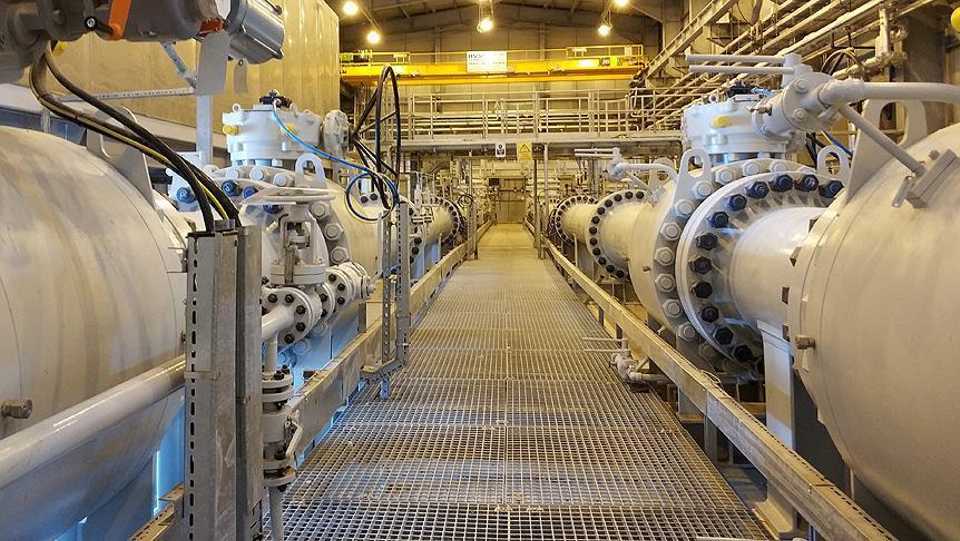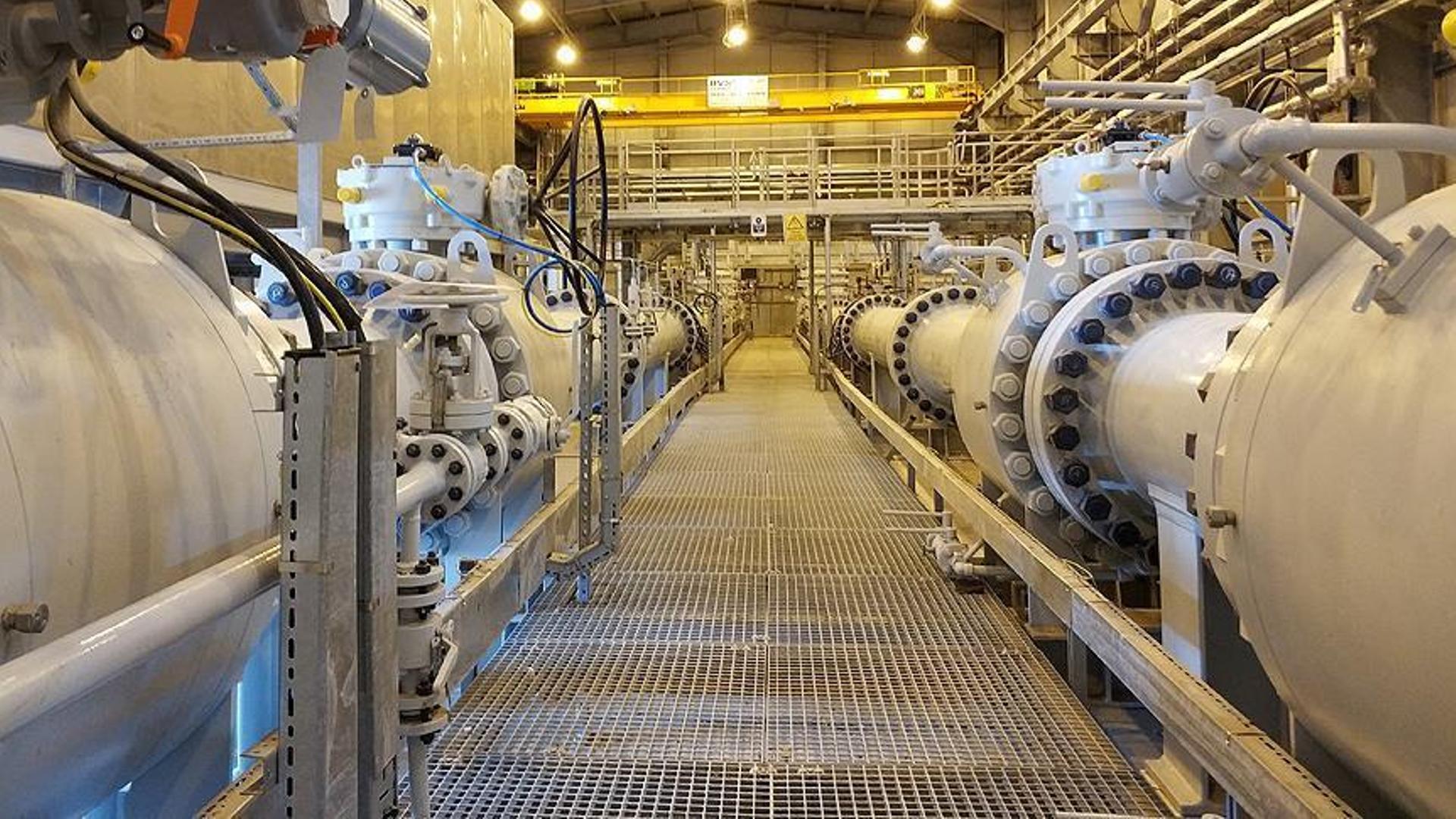
British oil giant BP has opened a new $28-billion gas pipeline in Azerbaijan, the company said on Monday, in a project expected to reduce European dependence on Russian supplies.
The “Shah Deniz 2” (SD2) development transports gas to Turkey and will eventually reach elsewhere in Europe.
It is “the starting point for the Southern Gas Corridor series of pipelines that will for the first time deliver natural gas from the Caspian Sea direct to European markets,” BP said in a statement.
The pipeline bypasses Russia and has been supported by the European Union, which is keen to reduce Europe’s energy dependence on Moscow.
New energy supplies to Europe
“Together with the Southern Gas Corridor pipeline system, Shah Deniz 2 will deliver significant new energy supplies to Europe, further diversifying its sources of energy,” said BP group chief executive Bob Dudley, in the statement.
The general director of the Southern Gas Corridor, Afgan Isayev, said the deliveries started on Saturday.
The Shah Deniz Stage 2 is one of the largest and most complex gas projects in the world. It involves the first ever subsea infrastructure constructed in the Caspian Sea.
The giant Shah Deniz field holds about one trillion cubic metres of natural gas, according to BP estimates. The first phase of its development started in 2006 and now supplies natural gas to Georgia and Turkey.
Shah Deniz Stage 2 will add a further 16 billion cubic metres per year (bcma) of gas production to the approximately 10 bcma produced by Shah Deniz 1, according to BP.
Commercial deliveries scheduled for 2020
Shah Deniz gas will travel 3,500 kilometres, to elevations of over 2,500 metres, and over 800 metres below the sea.
BP said commercial deliveries to Europe are expected to begin in 2020.
In addition, at peak, the Shah Deniz 2 development, which was sanctioned in 2013, supported more than 30,000 jobs in Azerbaijan and Georgia and in total included over 180 million hours of work.
The Shah Deniz consortium consists of BP as operator with a 28.8 percent interest; Turkish Petroleum (TPAO) with 19 percent; Malaysia’s Petronas with 15.5 percent; Azerbaijan’s AzSD with 10 percent; Azerbaijan’s SGC Upstream with 6.7 percent; Russia’s Lukoil with 10 percent and Iran-linked NICO also with 10 percent.










Discussion about this post